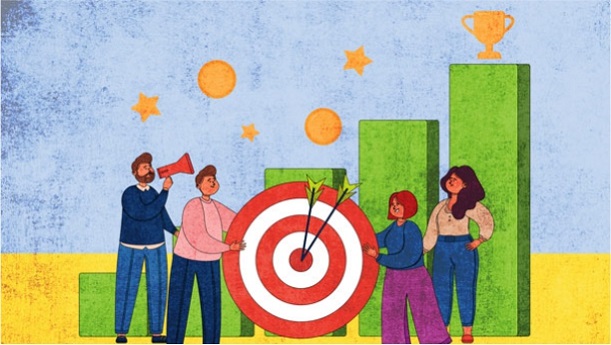
Employees are pretty observant; they do not miss much. The actions and behaviours they see modeled and the ideals their immediate supervisor appears to value will inform their decisions and behaviour at work. If they see a management team that prioritises tasks, efficiencies, and productivity (job functions), then that is what they will focus on—often at the expense of the company’s own mission.
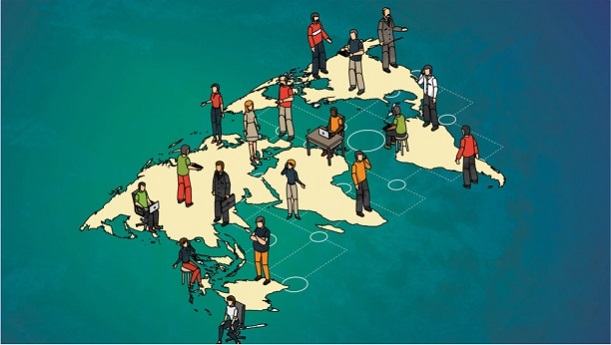
Who hold the onus of managing generational diversity then? Is it the more mature generation i.e., boomers and Generation X or the relatively younger generations millennials and Generation Z? Undoubtedly, this onus lies with every generation.
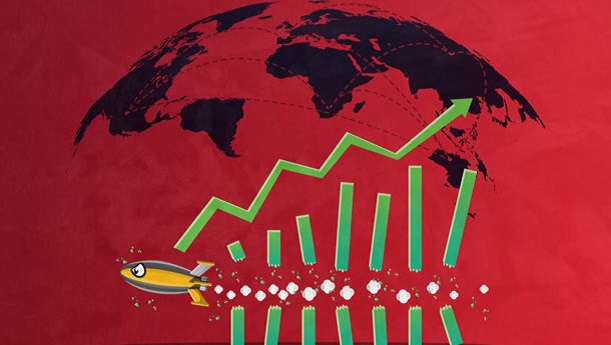
Running a company in today’s world is anything but easy as leaders face a perpetually unsteady state that impacts their decision-making. Courageously pursuing positive ideas will provide the ballast needed to navigate today’s unsteady waters.

The metaverse has actually been around for quite a while now, especially in gaming. It holds a lot of promise for marketing and sales. But are brands listening?
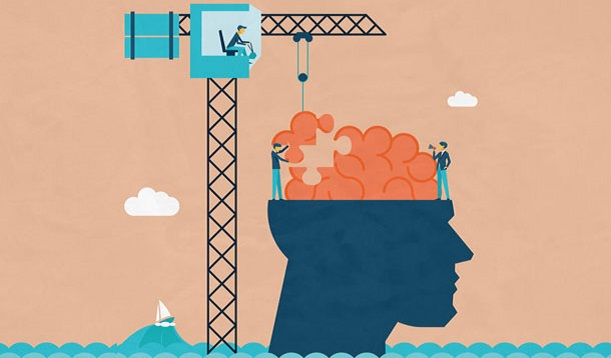
Brands are not just built around beliefs and biases of the past. About 5 per cent of the time, we use a process of deliberation to make choices where we use spreadsheets to look at the cost benefits and logic to evaluate the pros and cons of choices. Marketers can leverage the power of cognitive biases for designing, positioning, and/or repositioning their brands.
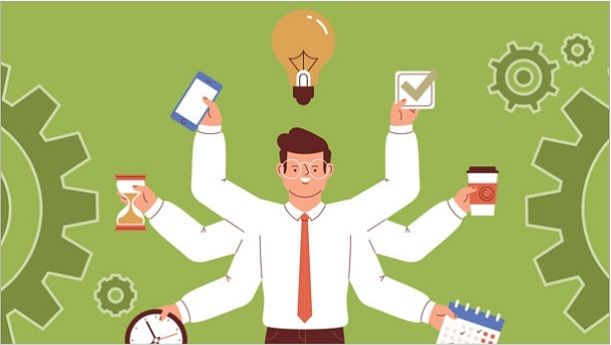
Healthy organisations are successful and need healthy leaders. But what exactly do we mean by this and why does it matter?
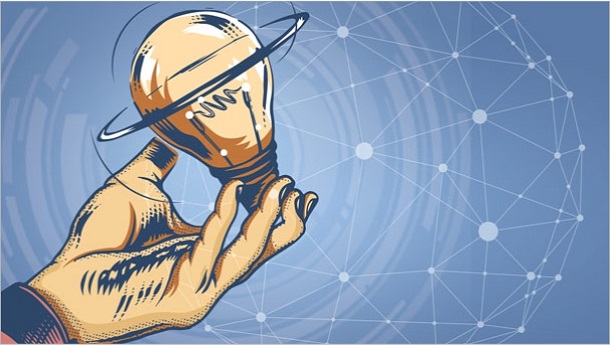
All around the world, impact networks are being cultivated to address complex issues in healthcare, education, science, technology, the environment, economic justice, the arts, human rights, and more. They mark the next evolution in the way humans are organising to create meaningful change.
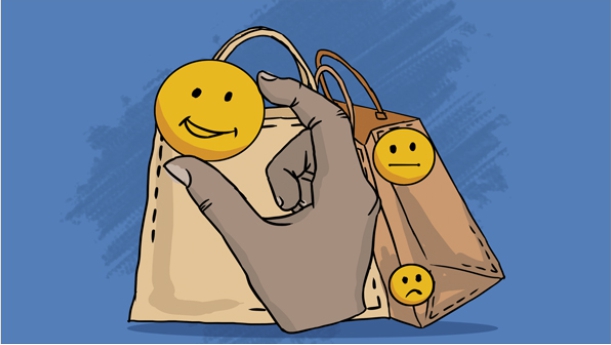
Keeping the customers happy and satisfied is critical to the survival of business in today’s ‘customer’s era’. Having a robust customer management system can help companies acquire new customers, retain the existing ones, and also convert potential customers to customers/consumers.
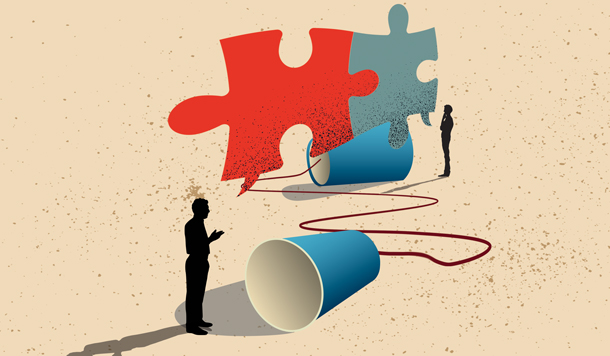
Organisations who wish to build high-performing teams—ones that easily collaborate, innovate, empower, and inspire each other to achieve unified goals—must commit to hiring the right employees, laying a foundation of trust, and providing proper training.
